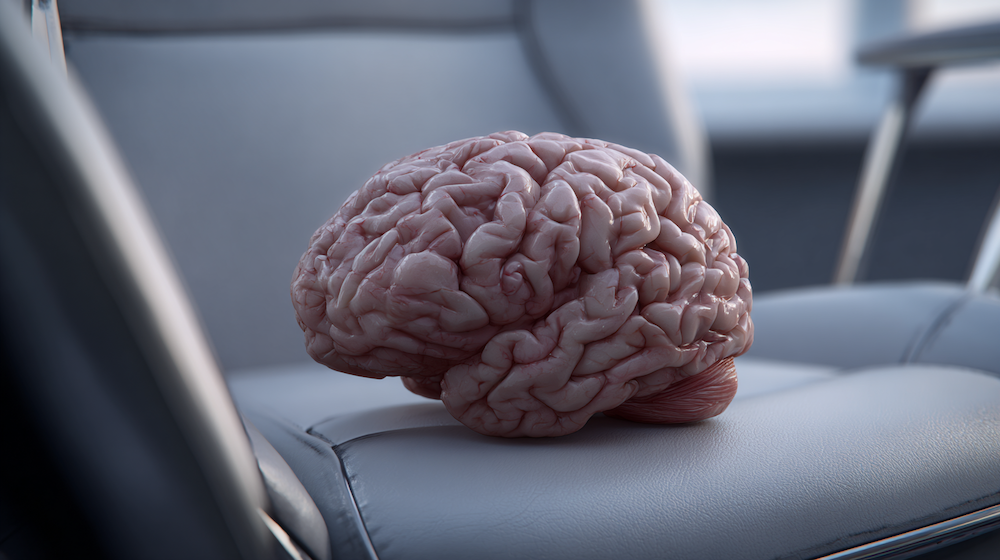Thinkism
[Translations: Japanese]
Here is why you don’t have to worry about the Singularity in your lifetime: thinkism doesn’t work.
First, some definitions. According to Wikipedia, the Singularity is “a theoretical future point of unprecedented technological progress, caused in part by the ability of machines to improve themselves using artificial intelligence.” According to Vernor Vinge and Ray Kurzweil, a smarter than human artificial intelligence will bring about yet smarter intelligence, which in turn will rapidly solve related scientific problems (including how to make yet smarter intelligence), expanding intelligence until all technical problems are quickly solved, so that society’s overall progress makes it impossible for us to imagine what lies beyond the Singularity’s birth. Oh, and it is due to happen no later than 2045.
I agree with parts of that. There appears to be nothing in the composition of the universe, or our minds, that would prevent us from making a machine as smart as us, and probably (but not as surely) smarter than us. My current bet is that this smarter-than-us intelligence will not be created by Apple, or IBM, or two unknown guys in a garage, but by Google; that is, it will emerge sooner or later as the World Wide Computer on the internet. And it is very possible that this other intelligence beyond ours would emerge on or long before 2045.
Let’s say that on Kurzweil’s 97th birthday, February 12, 2045, a no-kidding smarter-than-human AI is recognized on the web. What happens the next day? Answer: not much. But according to Singularitans what happens is that “a smarter-than-human AI absorbs all unused computing power on the then-existent Internet in a matter of hours; uses this computing power and smarter-than-human design ability to crack the protein folding problem for artificial proteins in a few more hours; emails separate rush orders to a dozen online peptide synthesis labs, and in two days receives via FedEx a set of proteins which, mixed together, self-assemble into an acoustically controlled nanodevice which can build more advanced nanotechnology.” Ad infinitum.
Ray Kurzweil, whom I greatly admire, is working to “cross the bridge to the bridge.” He is taking 250 pills a day so that he might live to be 97, old enough to make the Singularity date, which would in turn take him across to immortality. For obviously to him, this super-super intelligence would be able to use advanced nanotechnology (which it had invented a few days before) to cure cancer, heart disease, and death itself in the few years before Ray had to die. If you can live long enough to see the Singularity, you’ll live forever. More than one Singularitan is preparing for this.
Setting aside the Maes-Garreau effect, the major trouble with this scenario is a confusion between intelligence and work. The notion of an instant Singularity rests upon the misguided idea that intelligence alone can solve problems. As an essay called Why Work Toward the Singularity lets slip: “Even humans could probably solve those difficulties given hundreds of years to think about it.” In this approach one only has to think about problems smartly enough to solve them. I call that “thinkism.”

Let’s take curing cancer or prolonging longevity. These are problems that thinking alone cannot solve. No amount of thinkism will discover how the cell ages, or how telomeres fall off. No intelligence, no matter how super duper, can figure out how human body works simply by reading all the known scientific literature in the world and then contemplating it. No super AI can simply think about all the current and past nuclear fission experiments and then come up with working nuclear fusion in a day. Between not knowing how things work and knowing how they work is a lot more than thinkism. There are tons of experiments in the real world which yields tons and tons of data that will be required to form the correct working hypothesis. Thinking about the potential data will not yield the correct data. Thinking is only part of science; maybe even a small part. We don’t have enough proper data to come close to solving the death problem. And in the case of living organisms, most of these experiments take calendar time. They take years, or months, or at least days, to get results. Thinkism may be instant for a super AI, but experimental results are not instant.
There is no doubt that a super AI can accelerate the process of science, as even non-AI computation has already sped it up. But the slow metabolism of a cell (which is what we are trying to augment) cannot be sped up. If we want to know what happens to subatomic particles, we can’t just think about them. We have to build very large, very complex, very tricky physical structures to find out. Even if the smartest physicists were 1,000 smarter than they are now, without a Collider, they will know nothing new. Sure, we can make a computer simulation of an atom or cell (and will someday). We can speed up these simulations many factors, but the testing, vetting and proving of those models also has to take place in calendar time to match the rate of their targets
To be useful artificial intelligences have to be embodied in the world, and that world will often set their pace of innovations. Thinkism is not enough. Without conducting experiments, building prototypes, having failures, and engaging in reality, an intelligence can have thoughts but not results. It cannot think its way to solving the world’s problems. There won’t be instant discoveries the minute, hour, day or year a smarter-than-human AI appears. The rate of discovery will hopefully be significantly accelerated. Even better, a super AI will ask questions no human would ask. But, to take one example, it will require many generations of experiments on living organisms, not even to mention humans, before such a difficult achievement as immortality is gained.
Because thinkism doesn’t work, you can relax.
The Singularity is an illusion that will be constantly retreating — always “near” but never arriving. We’ll wonder why it never came after we got AI. Then one day in the future, we’ll realize it already happened. The super AI came, and all the things we thought it would bring instantly — personal nanotechnology, brain upgrades, immortality — did not come. Instead other benefits accrued, which we did not anticipate, and took long to appreciate. Since we did not see them coming, we look back and say, yes, that was the Singularity.



